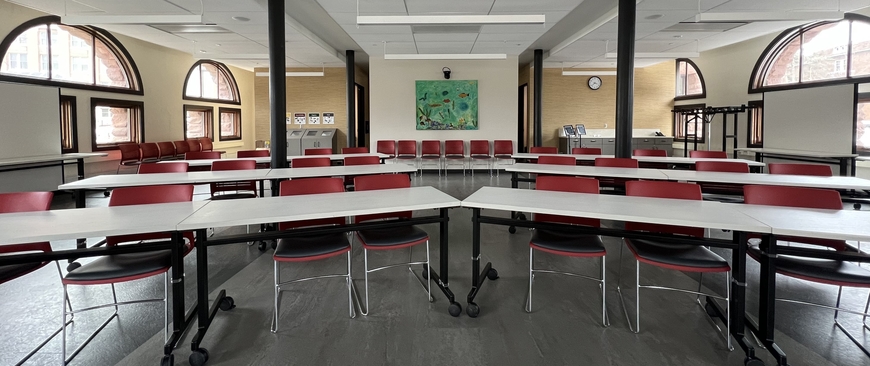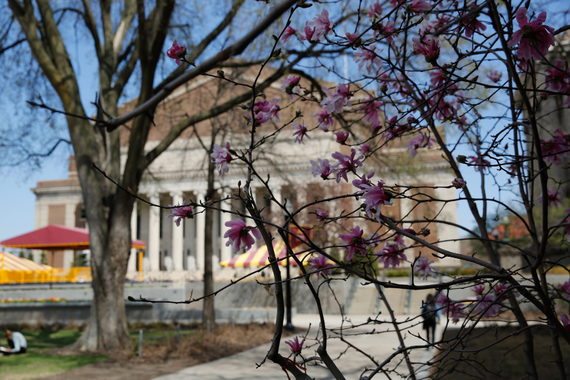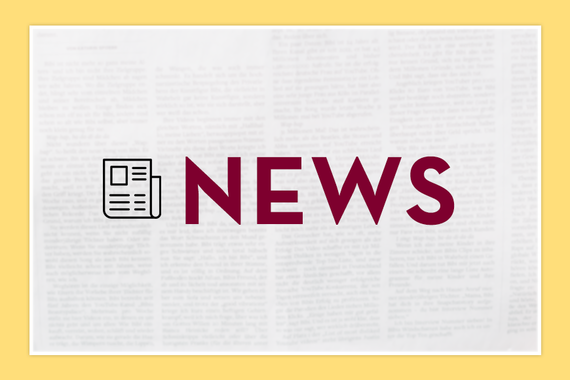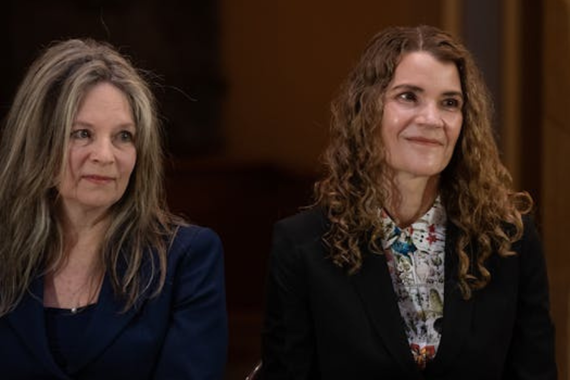UMN Liberal Arts Engagement Hub Residencies for 2023-24 Announced
Exciting Hub happenings ahead! We're happy to announce our fifth year of residencies for The Liberal Arts Engagement Hub (The Hub), part of the University of Minnesota College of Liberal Arts. The Hub is designed to be a place that deepens the college’s community engagement culture and presents an inviting portal to the University of Minnesota. Residencies provide funds and space for public engagement initiatives to faculty, students, staff, and/or community members through an application process for limited periods of time.
The 2023-24 academic year marks a record-setting number of residencies, a testament to the Hub's growing reputation as a welcoming environment for fostering public engagement and civil society.
Disability Justice in MN
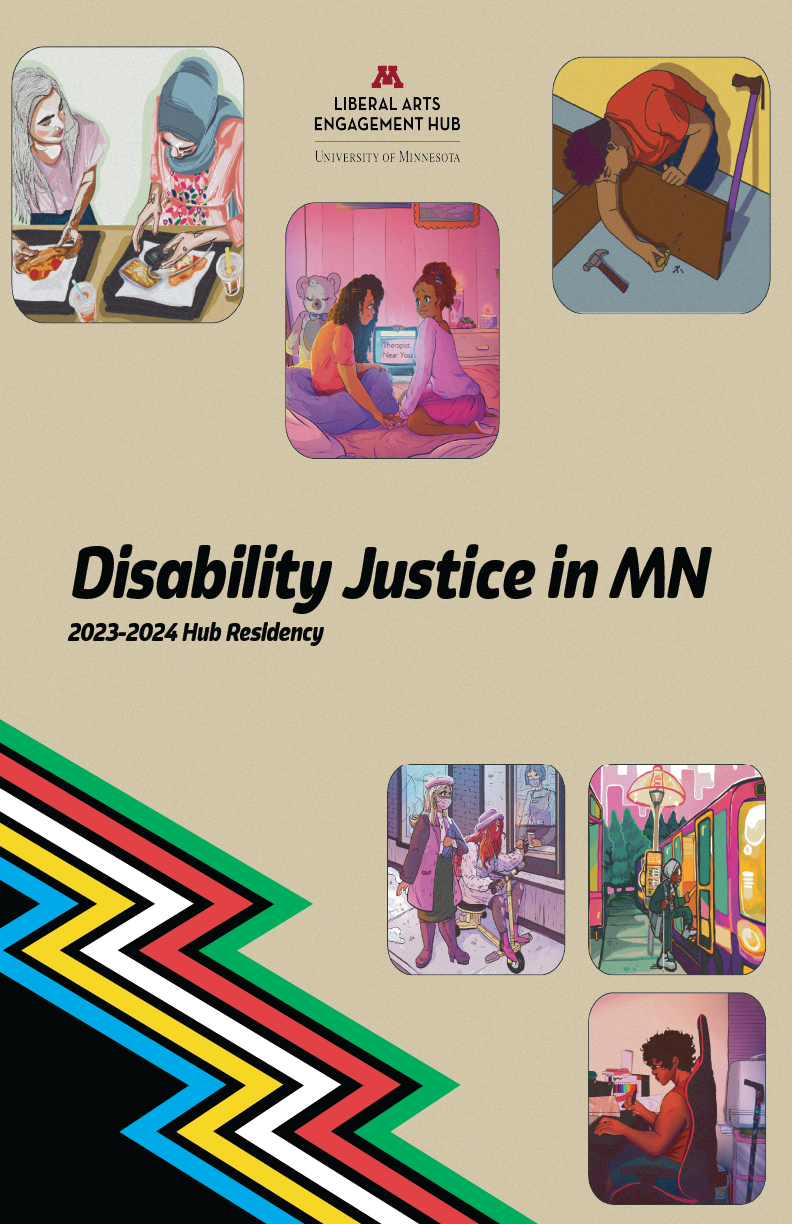
In 2015, a group of multiply-marginalized disabled activists and artists came together out of frustration with the mainstream Disability Rights Movement. As people of color, queer / trans folk, women / femmes, and people living in poverty, this group of disabled organizers yearned for a social justice movement that would address the multidimensional oppressions they experience and witness within their communities. What emerged were the 10 Principles of Disability Justice and a framework for social change committed to leaving no one behind.
We are a local group of disabled activists, organizers, educators, and advocates working to foster Disability Justice (DJ) in Minnesota. During this Hub residency, we’ll work with our campus partner, the Critical Disability Studies Collective, to form a local DJ organization and plan the inaugural DJ in MN Summit. Our project aims to explicitly promote local disability histories and culture through uplifting the voices of multiply-marginalized disabled folk. By doing so, we’ll prioritize community, connection, and relationships as a radical act toward transformation justice.
The Good Relatives Project: Indigenous Knowledge Systems, Place-based and Diasporic Ecologies of Science, Art, Education, and the Meaning of Connection
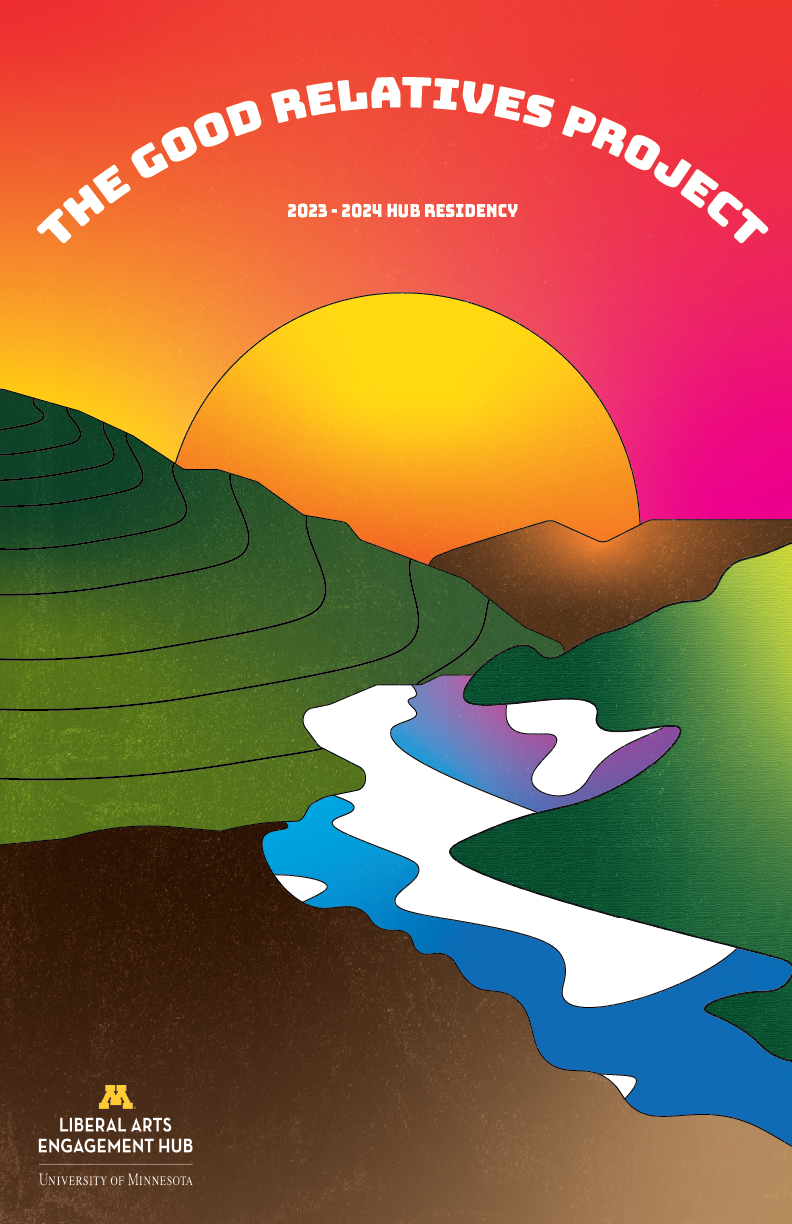
As Indigenous and ally researchers, we grapple with tensions related to our participation in the academy as we seek and maintain (re)connection with our own communities and Indigenous peoples elsewhere/everywhere. In this project, we bring forward opportunities and acts that empower liberatory thinking, ethical research relationships, and re-humanizing pedagogies with Indigenous communities and tribal institutions that center Indigenous environmental issues that can be confronted through the relationship between science, art, and education.
The project also explicitly addresses the nature and meaning of connection—between Indigenous peoples and universities and between Indigenous researchers and each other, our home communities, and non-Indigenous researchers. We explore definitions and practices of connection that are critical for Indigenous survival, adaptability, and resurgence through global shifts. As co-leaders representing diverse projects, organizations, communities, and fields, we approach this project with firm commitment to Indigenous knowledge systems in Minnesota and beyond. Three cycles will structure our work, including 1) interepistemic dialogic exchange among co-leaders, 2) exploring locations and contexts of contested knowledge in our departments, colleges, communities, and organizations and if/how the sciences, arts, and education are envisioned for Indigenous community connection and pedagogical possibility, and 3) addressing and co-building Indigenous research methodologies and applications that bridge the sciences, arts, and education and that honor Tribal, Indigenous, and Native institutional desires.
Project Partners:
- Dr. Bianet Castellanos (CLA, American Studies/IAS, Professor/Director)
- Dr. Crystal Ng (CSE, Earth and Environmental Sciences, Associate Professor)
- Steve Smith, Leech Lake Band of Ojibwe, enrolled member of White Earth (CFANS, Ph.D. Student)
- Dr. Darlene St. Clair, Bdewakaƞtuƞwaƞ Daḳota, enrolled member of Lower Sioux Indian Community (St. Cloud State University, Dakota Wicohan curriculum project/Lower Sioux Art Incubator)
- Dr. Elizabeth Sumida Huaman, Wanka/Quechua (CLA/CEHD; American Studies/ American Indian Studies/Gender, Women, & Sexuality Studies/Organizational Leadership, Policy, & Development; Associate Professor)
- Dr. Bhaskar Upadhyay (CEHD; Organizational Leadership, Policy, & Development; Professor)
- Phoebe Young, Saginaw Chippewa Indian Tribe descendant (CLA, American Studies/American Indian Studies, Ph.D. Student)
Memorialize the Movement Presents: Community Creates*
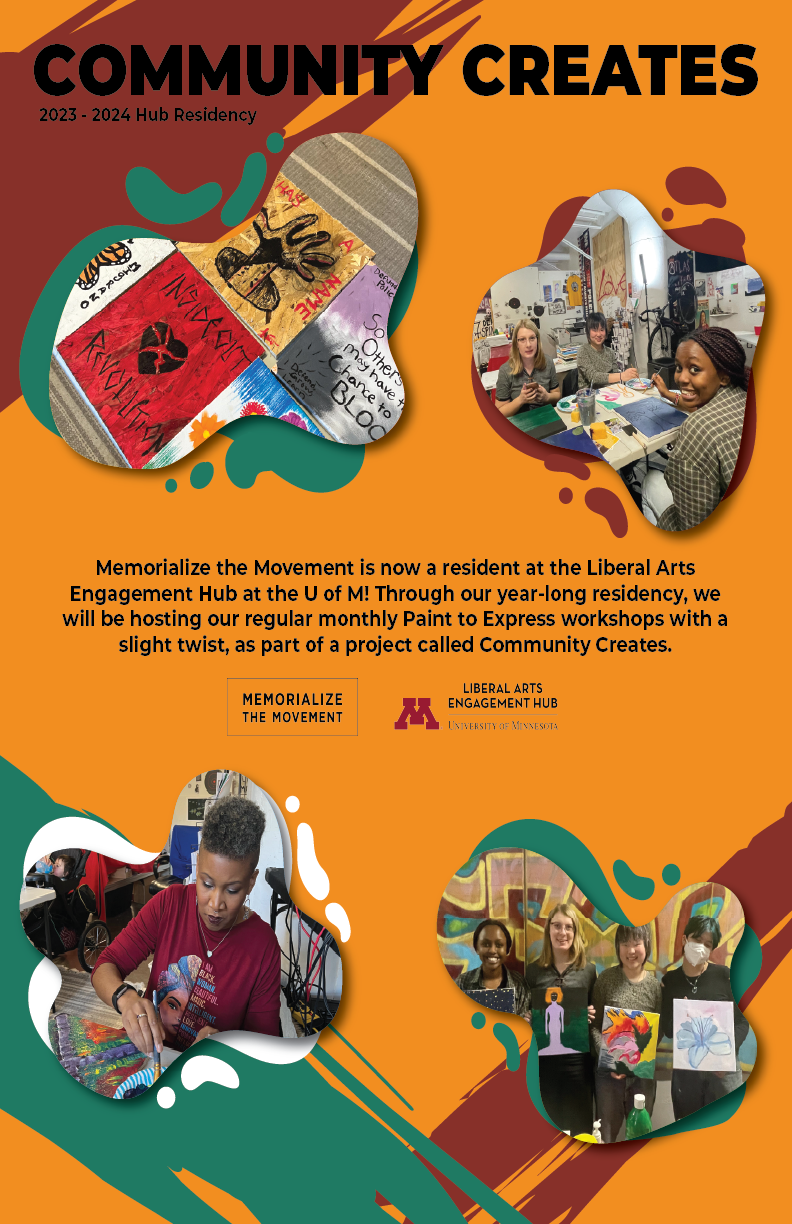
Community Creates is a year-long series designed to connect University of Minnesota students with local businesses, organizations, activists, organizers, and storytellers. Understanding the “why” and the “how” behind some of your favorite local shops, organizers, and activists lends a unique perspective to students interested in working within a community after college. Memorialize the Movement (MTM) offers students a chance to hear their stories and learn from their lived experiences.
The Community Creates series will be split into two parts; part one will involve inviting students to participate in our monthly Paint to Express (PTE) workshops hosted in collaboration with community partners. Each workshop will be held in a different location in collaboration with a small business or organization. These partners will facilitate a conversation about what they do and how and why their work is important to the communities they serve. The second part will be monthly PTE workshops held at The Hub, featuring collaborations between MTM and College of Liberal Arts departments. MTM will collaborate with a different department for each workshop to lead a guided conversation with students about how our differences can be leveraged to build stronger community bonds.
Photography Narratives of MN Latinx Immigrants*
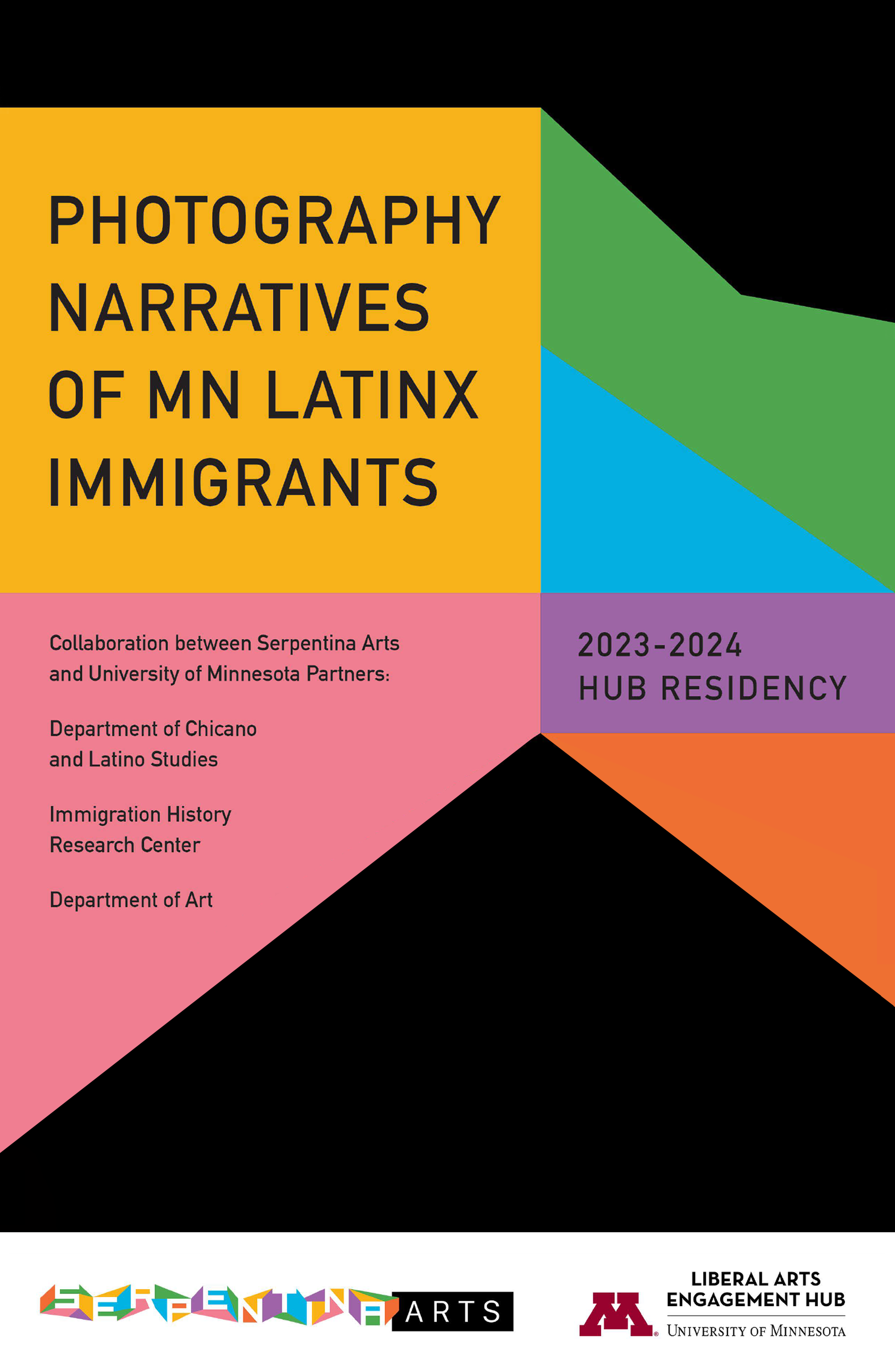
Minnesota is home to a talented group of Latinx photographers who hail from diverse countries of origin including including Colombia, Mexico, Venezuela, and more. Photography Narratives of MN Latinx Immigrants aims to put these artists' artwork and unique perspectives into conversation with one another through oral history interviews and the creation of a multimedia collection of their photographs, which will be shared through social media, live presentations, and exhibitions. These narratives will contribute to contemporary debates tied to immigration, Latinx experiences in America, and community belonging.
This residency project is a collaborative initiative led by Serpentina Arts, a collective of Latinx artists working to foster creativity and professional development throughout their community, in partnership with the Department of Chicano and Latino Studies, the Department of Art, and the Immigration History Research Center.
Preserving and Promoting Hmong American History: A Partnership with the Hmong Cultural Center Museum and Library
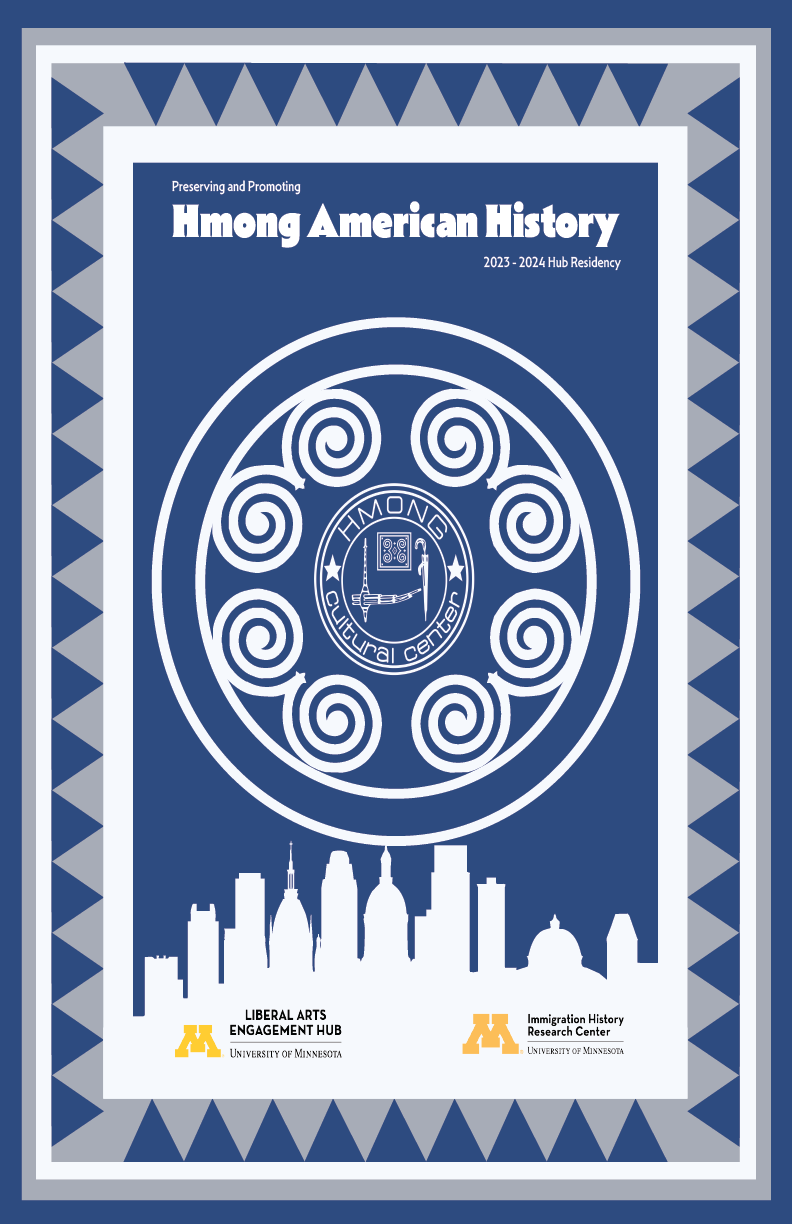
The Hmong Cultural Center (HCC) Museum opened in the fall of 2021 as one of the only permanent Hmong cultural and historical spaces in the United States. Located on University Avenue in the Frogtown neighborhood of Saint Paul, the museum seeks to introduce the community, both Hmong and non-Hmong, to the culture and history of the Hmong people, including the community’s history in the Twin Cities. The HCC also serves as a resource to recent immigrants, teaching citizenship classes and helping educate Hmong youth in Hmong cultural traditions. Led by Andre Kobayashi Deckrow, a postdoctoral associate in the Heritage Studies and Public History program and the Department of History, and Dr. Mark Pfeiffer, the director of programs and development at the HCC, the partnership seeks to expand the scope and reach of the museum while utilizing the expertise of the University to make historical materials available to scholars in the field of Hmong studies and the community at large.
This residency consists of three separate components. The first will see University of Minnesota students build new interactive digital exhibitions and a new digital archives showcasing Hmong history and culture to museum visitors. Students and faculty will also work with the museum to develop two new curricula on the exhibitions to help middle and high school teachers better contextualize their students’ visits to the HCC Museum. Second, with help from the University of Minnesota Libraries and the Immigration History Research Center Archives, the residency will digitize and make accessible to the public the museum’s collection of early Hmong newspapers in the Twin Cities that span almost 25 years. Lastly, the residency will bring the museum to campus and campus to the museum through temporary exhibitions and programming in consultation with Hmong scholars and students at the University of Minnesota. Together, this residency will help broaden the museum’s offerings and introduce the University community to the HCC Museum and Library, while also giving voice to the Hmong community both on campus and in the Twin Cities.
This residency is supported by the Immigration History Research Center.
Sound Stories: Activating Community Voices in a Collaboratory
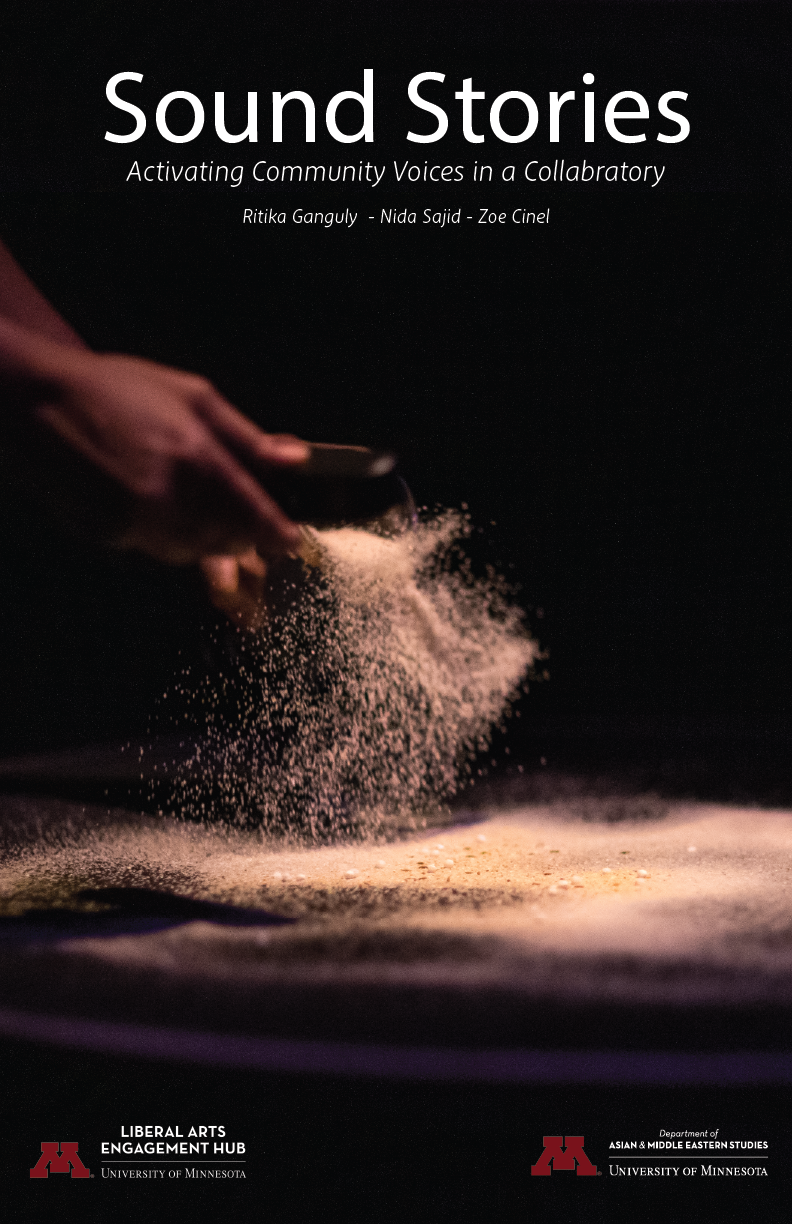
Sound Stories is a public composition experiment to explore individual and communal resilience through sound. It will build material artifacts with community members and foster narratives of what it means to voice resistance, resonance, and resilience.
By transforming the physical space of The Hub into a Collaboratory, this multi-sensorial performance environment explores the diverse ways in which audio frequencies and vibrations can be made visible, despite efforts to drown out voices. Using technologies of sound, this project engages with the experience of dissent and its erasure, encouraging participation from various social, cultural, historical, and personal standpoints. The project will ultimately pry open questions about what secrets are at stake when one truly listens, what wider world sound brings to the surface, how sound comes to be designated as “noise,” and how (and to whom or to what) we attribute noisiness. Finally, it asks: can we “see” silence or the act of silencing? Using a combination of live vocalizing, laser pointers, environmental scans, and corporeal experiences, this project will grapple with these questions, as well as the tether between sound and displacement, cacophony, and enforced silence.
Project Partners:
- Zoe Cinel (Interdisciplinary Artist in Installation and New Media, Curator)
- Dr. Ritika Ganguly (Anthropologist, Performance Artist, 2021 McKnight Composer Fellow)
- Dr. Nida Sajid (Asian & Middle Eastern Studies, Assistant Professor)
Sign up to participate: Sound Stories Workshop Registration.
Soomaal House Archive Fellowship*
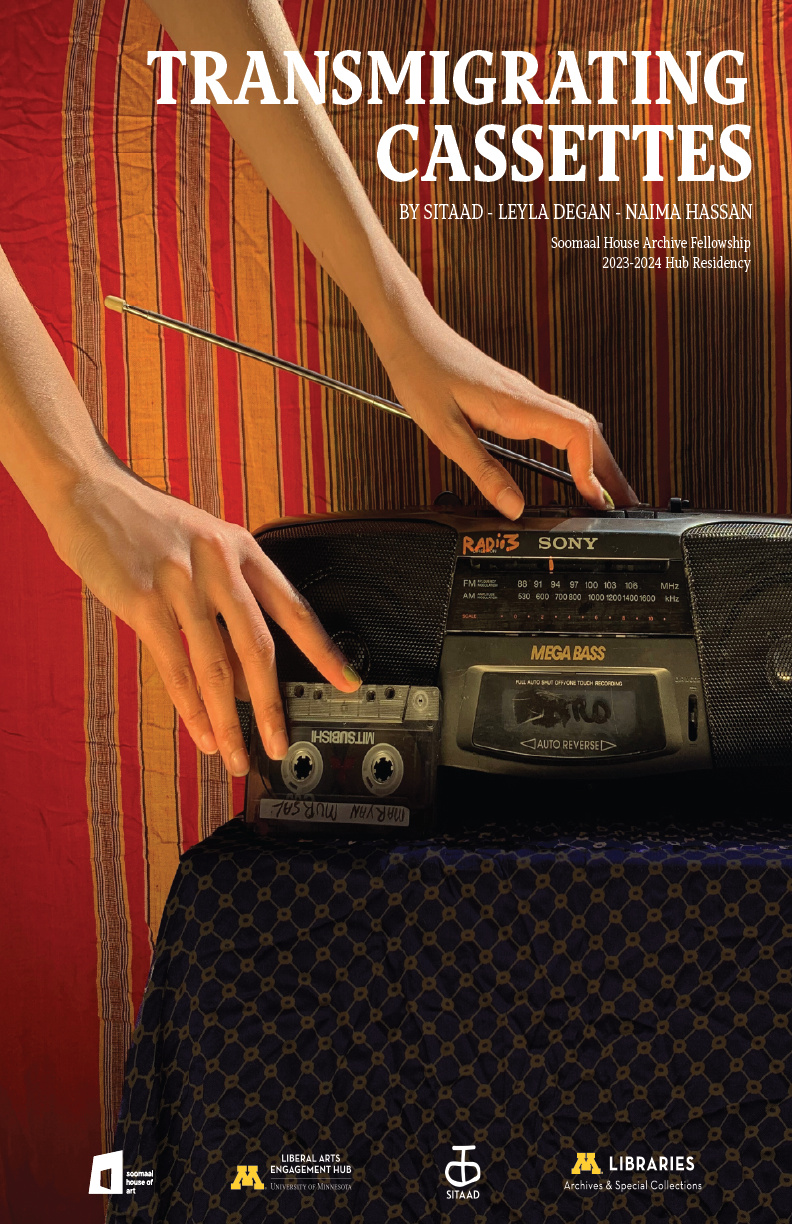
Soomaal House Archive Fellowship is an opportunity for artists, scholars, and researchers interested in the history of Somalia, the Horn of Africa, and Somalis in the diaspora. The fellowship will provide resources, connections, and access for the development and presentation of new research into Somali archive collections. The fellows are encouraged to make scholarly contributions and investigate the materials of Soomaal House Library & Archive Center, which houses three collections: Contemporary Somali Art and Artists, History of Somali Minnesotans, and Historical Archive of Somalia & Somalis in the diaspora.
For the 2023-2024 program, in partnership with the Immigration History Research Center Archives, the fellowship will host SITAAD – Leyla Degan (Italy) and Naima Hassan (United Kingdom). At Soomaal House, the duo will initiate the first iteration of their project, Transmigrating Cassettes, which departs from the popular medium of the audio-cassette to examine dispersed colonial collections. SITAAD’s artistic research on Augustus F. Sherman’s Ellis Island photography collection of Somali passengers will inform a series of community workshops held in Minneapolis.
The Twin Cities Black Europe Film Festival: Toward a Community Engagement Plan
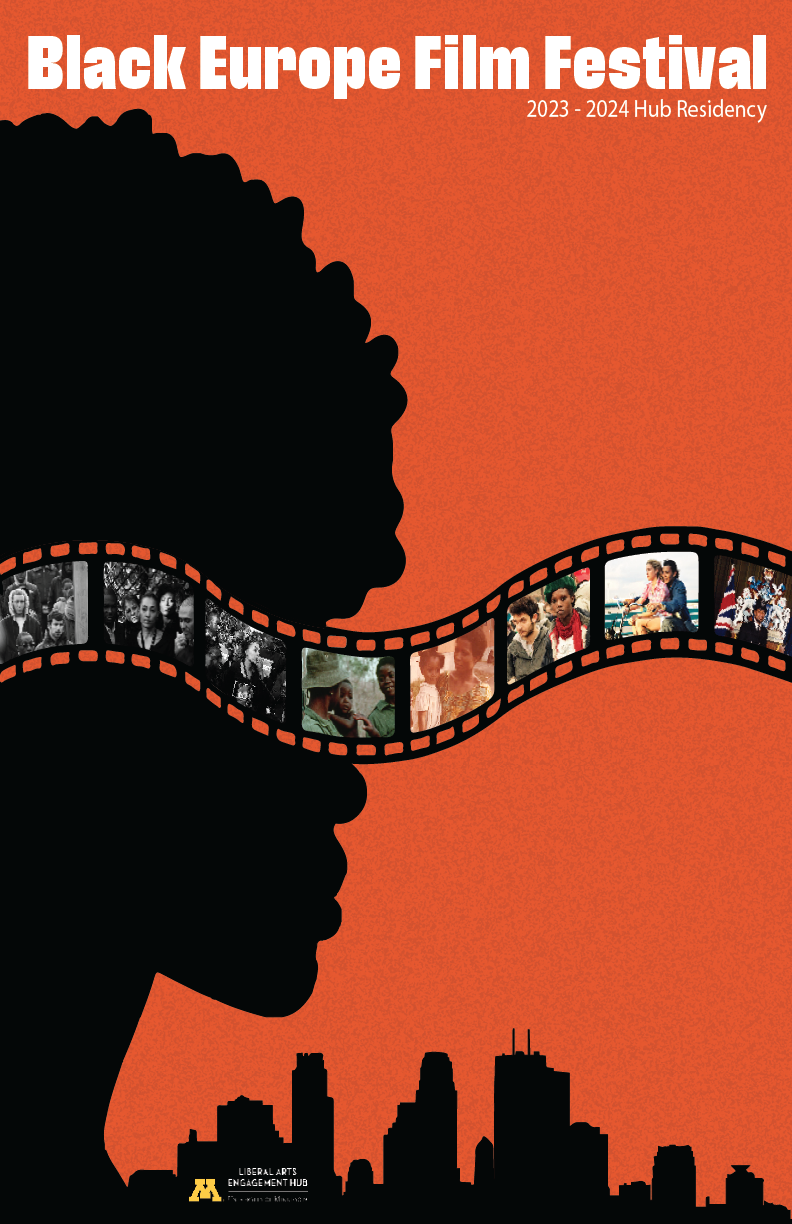
The experiences of Black Europeans have been largely excluded from mainstream media both in Europe and in the United States, resulting in a lack of representation and limited opportunities for enrichment, appreciation, understanding, and cultural exchange. The Twin Cities Black Europe Film Festival (TC BEFF) contributes to redressing this gap in visibility and recognition, which contributes to the reproduction of racialized regimes of disempowerment, marginalization, and devaluation of Black lives across the globe. With longstanding traumas of Western European colonialism and contemporary migration displacements, as well as a unique sense of vibrancy, creativity, and worldmaking, Black European filmmakers grapple with complicated inheritances and thrive beyond the available paradigms that whiteness has to offer. TC BEFF gives voice to an underrepresented reality and provides a platform for Black European filmmakers to showcase their work, network, connect with audiences, and build community within the global Black diaspora.
During their Residency at The Hub, festival directors Fred Kudjo Kuwornu (Italian-Ghanaian filmmaker, producer, civil right activist, and educator) and Lorenzo Fabbri (French & Italian, Associate Professor) will work with university and community partners on a holistic engagement plan, which will make TC BEFF a community-centered initiative, as well as an innovative public humanities effort. The festival will be designed for and with the Minnesota Black and BIPOC communities and will serve as a platform to inspire, uplift, and empower underserved groups and youth in the Twin Cities area.
*Thank you to the Visiting Faculty Seed Fund, which is supporting Memorialize the Movement Presents: Community Creates, Photography Narratives of MN Latinx Immigrants, and Soomaal House Archive Fellowship. This fund was established to maximize the college's ability to connect to and create collaborations with external intellectual leaders and the organizations hosting them.
Special thanks to Shah Hasan Jr. who designed this year's residency posters!
For more information about Hub residencies, please contact liberalartshub@umn.edu.
